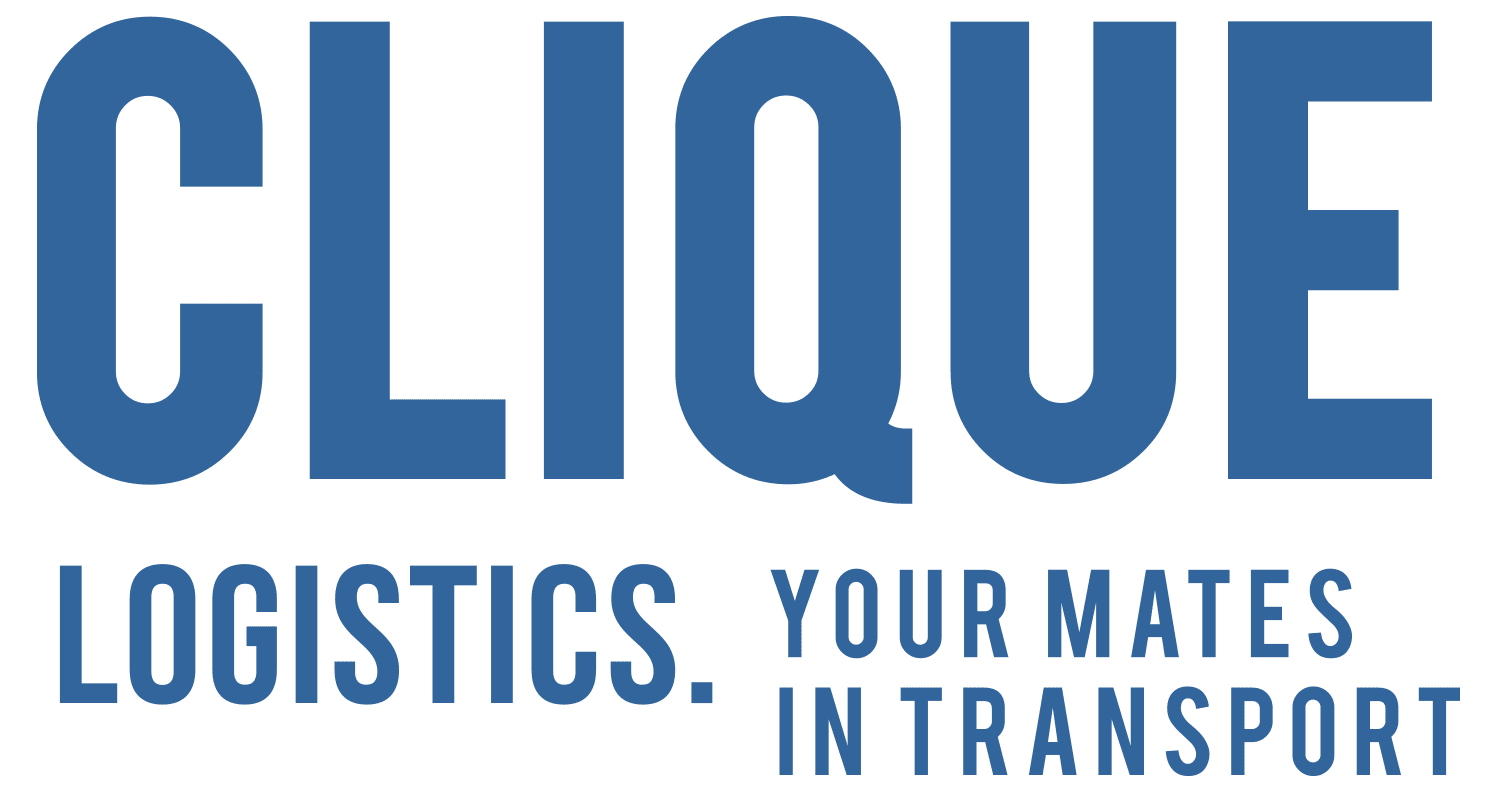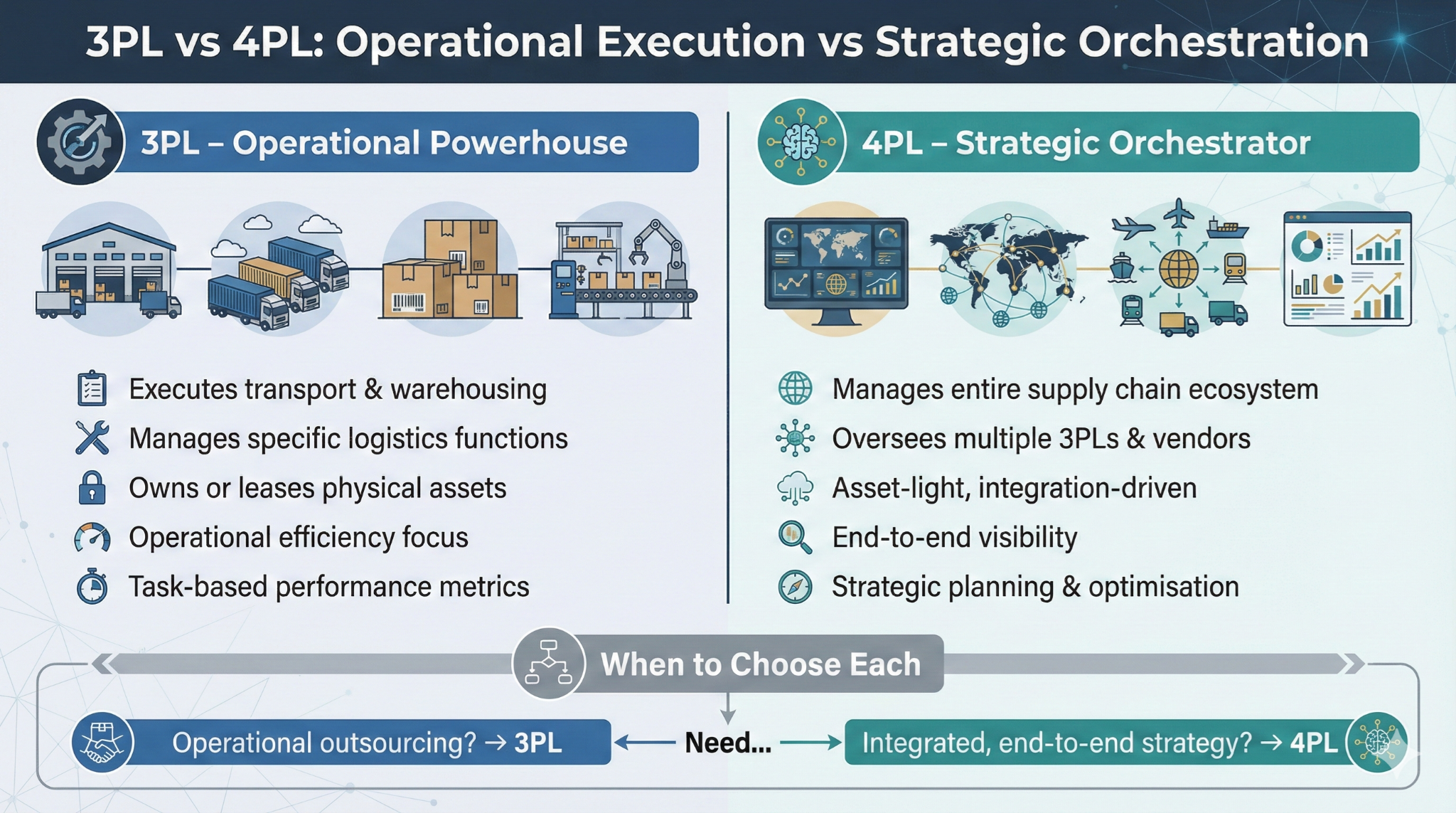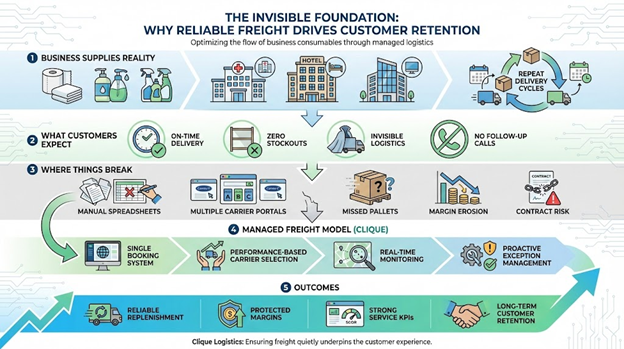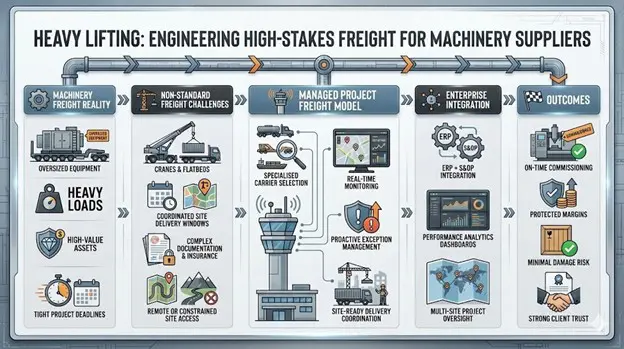When it comes to international freight in New Zealand, you’re managing a complex environment that impacts both businesses and consumers. Understanding the various services available, like air freight and sea freight, is essential. You’ll furthermore want to consider how technology and regulations shape the industry. As you investigate these aspects, you’ll uncover both opportunities and challenges that could affect your shipping needs. What’s the best approach for your specific situation?
The Basics of International Freight
International freight is all about moving goods across borders, and understanding its basics is vital for anyone involved in global trade.
You’ll encounter key players in the freight industry, from shipping companies to customs brokers, who guarantee everything runs smoothly.
Defining International Freight
When shipping goods across borders, understanding the basics of international freight is crucial for both businesses and individuals.
International freight involves transporting goods across international borders using various modes of transport, such as air, sea, and land. Familiarising yourself with freight terminology helps streamline the process and guarantees compliance with regulations.
In New Zealand, international freight services provide robust global logistics solutions, with over 500 branches and agencies available to assist you.
If you need cost-effective shipping for larger quantities, sea freight options like full container loads (FCL) and less than container loads (LCL) are available. For urgent deliveries, air freight offers a speedy alternative.
Knowing these basics will make your shipping experience smoother and more efficient.
Key Players in the Freight Industry
The freight industry in New Zealand thrives on a network of key players who guarantee the smooth flow of goods across borders. With over 500 branches and agencies, these companies provide thorough import and export services.
Family-owned businesses often lead the charge, emphasising personalised service and competitive pricing, ensuring your freight needs are met with care.
In air freight, they prioritise speed and handling over 132 million kilos of cargo efficiently. Sea freight options cater to various shipment sizes, while in-house customs brokers assist with clearance.
Types of International Freight Services
When it comes to international freight services in New Zealand, you’ve got several options to choose from.
Sea freight is perfect for larger shipments, while air freight offers speed for smaller consignments.
You can additionally investigate specialised services like RO/RO and containerisation to meet your specific shipping needs.
Sea Freight Services
Sea freight services offer a cost-effective solution for shipping goods internationally, catering to both Less than Container Load (LCL) and Full Container Load (FCL) shipments.
If you’re looking to ship smaller quantities, LCL shipping allows you to share container space, reducing costs. For larger shipments, FCL shipping provides an entire container dedicated to your goods, ensuring maximum security and efficiency.
With thorough documentation services, your customs clearance process is seamless, thanks to in-house customs brokers. A skilled freight team guarantees reliable sea freight options that adhere to delivery schedules, ensuring timely arrivals.
Plus, local agents improve efficiency, making international deliveries smoother. Whether you’re shipping machinery or general cargo, sea freight plays an essential role in the logistics network.
Air Freight Services
For those needing speed in shipping, air freight services offer the fastest method for international freight. This option is ideal for urgent shipments and small consignments, ensuring quick transit times with streamlined processes.
One of the significant air freight advantages is the ability to cater to both pallet loads and smaller packages, making it flexible for your needs. Nevertheless, there are air freight challenges, including higher costs compared to sea freight and strict weight limits.
Companies like National Cargo Solutions handle over 132 million air freight kilos, emphasising reliability and care. Plus, extensive documentation services and advanced tracking technologies improve your shipping experience, allowing you to monitor your consignments in real-time for added peace of mind.
RO/RO (Roll-on/Roll-off) Services
RO/RO (Roll-on/Roll-off) services offer a streamlined solution for transporting vehicles and machinery, making loading and unloading quick and efficient.
With RO/RO advantages, you can easily ship large vehicles like trucks and construction equipment without the hassle of crating. These vessels feature specialised decks that accommodate various sizes, ensuring safe transport across international waters.
In New Zealand, RO/RO logistics provide a cost-effective option for exporters and importers, significantly reducing transit times. By allowing vehicles to be driven directly onto the ship, you eliminate unnecessary handling, making the process smoother.
If you’re looking for an efficient way to move heavy cargo, RO/RO services are your best bet, combining ease of access with economic benefits.
Containerisation
Containerisation has transformed international freight services, making it easier and more efficient to ship goods across the globe.
With Full Container Load (FCL) and Less than Container Load (LCL) options, you can choose how to best utilise container space based on your needs. FCL allows you to use a container exclusively, while LCL permits multiple shippers to share space, reducing costs.
Container security is improved as goods are sealed in containers, minimising the risks of loss or damage. Plus, container tracking guarantees you can monitor your shipments in real-time, providing peace of mind.
This streamlined approach not only speeds up customs processes but also promotes faster clearance times at ports, boosting overall efficiency in international shipping.
The Role of Technology in International Freight
Technology is transforming international freight in New Zealand, making it easier for you to manage shipments.
With digital freight platforms and advanced tracking systems, you can stay updated on your cargo’s journey in real-time.
Innovations in shipping technology are streamlining processes and enhancing overall efficiency, so you can focus on what matters most.
Digital Freight Platforms
In today’s fast-paced world, digital freight platforms are revolutionising the international freight scene in New Zealand. These platforms utilise digital innovation to improve visibility and streamline logistics processes, making your shipping experience smoother.
With real-time tracking capabilities, you can monitor your shipments effectively, ensuring timely deliveries. Automation in invoicing simplifies billing and reduces unexpected costs, promoting transparency in your transactions.
Plus, the electronic proof of delivery, including endorsements, boosts accountability throughout the shipping process. Traffic-aware routing technology optimises delivery routes, resulting in faster transit times and enhanced customer satisfaction.
Freight Tracking Systems
Freight tracking systems have become essential tools in international shipping, providing you with real-time updates on your shipments’ status and location. These systems improve shipment visibility, allowing you to monitor your cargo easily through Air Waybill numbers.
With advanced technology, companies offer traffic-aware routing, optimising delivery times based on current conditions. You’ll appreciate features like electronic proof of delivery, ensuring accurate documentation at each stage.
Extensive logistics management systems further promote communication and transparency between you and your freight provider. By leveraging these tracking solutions, you gain peace of mind, knowing exactly where your shipment is at any time.
Ultimately, these tools improve accountability, making your shipping experience smoother and more efficient.
Innovations in Shipping Technology
Innovations in shipping technology are transforming international freight, making processes faster and more efficient than ever.
With smart logistics, you can track shipments in real-time, enhancing transparency and accountability. Proprietary freight and warehouse management systems allow for electronic proof of delivery, ensuring you know where your goods are at any moment.
Freight automation has streamlined operations, with technology-driven traffic-aware routing systems that optimise delivery times. Custom Driver Apps keep drivers informed with real-time updates, facilitating effective communication and management.
The extensive logistics networks supported by technology facilitate seamless coordination of local, national, and global freight solutions. In-house development teams constantly adapt tools to meet market changes, ensuring your international freight services remain competitive and responsive to your needs.
Regulatory Aspects of International Freight
When you engage in international freight, understanding customs brokerage and clearance is essential.
You need to comply with international trade laws to guarantee your shipments move smoothly across borders.
Manoeuvring through these regulations can seem intimidating, but with the right guidance, you’ll find it manageable.
Customs Brokerage and Clearance
Steering through the complexities of customs brokerage and clearance is crucial for anyone involved in international freight. You’ll need to prioritise customs compliance and stay updated on regulatory changes.
Understanding tariff classifications can save you money and help you navigate duty exemptions effectively. A reliable customs broker takes on responsibilities like managing clearance procedures and ensuring all documentation requirements are met, including customs client code declarations and INCO terms.
Compliance with International Trade Laws
Steering compliance with international trade laws is critical for successfully managing international freight in New Zealand. You need a solid grasp of customs regulations, tariffs, and import/export documentation to guarantee smooth shipping experiences.
Engaging local customs brokers can streamline the customs clearance process, reducing delays and enhancing trade compliance. They provide specialised advice, helping you navigate the complexities of international trade while adhering to regulatory requirements.
Accurate documentation, like standard bill of lading conditions and customs client code declarations, is vital for efficient processing. Staying updated on changes in trade laws and compliance measures is crucial to avoid penalties and guarantee successful import and export operations.
Prioritise compliance to keep your international freight moving smoothly.
Cost Factors in International Freight
When you’re shipping internationally, understanding the costs involved is essential.
Factors like weight, volume, and the type of cargo can significantly impact freight rates.
Understanding Shipping Costs
How do shipping costs impact your international freight experience in New Zealand? Understanding these costs is essential for effective freight negotiation.
Shipping routes play a significant role in determining prices, as air freight is faster but usually pricier than sea freight, which is better for bulk shipments. You’ll find that costs vary based on your cargo’s weight and volume, often calculated per kilogram or container.
Don’t forget to factor in customs duties and compliance fees, which can differ by destination. Furthermore, your choice of service level—like expedited versus standard delivery—affects overall expenses.
Factors Influencing Freight Rates
Shipping costs are just one piece of the puzzle when it comes to international freight. Several factors influence freight rates, and you need to keep them in mind.
For starters, fuel price fluctuations can significantly impact your overall transportation expenses; when fuel prices rise, so do shipping costs.
Moreover, cargo type considerations are essential. The size, weight, and nature of your goods can determine the cost; hazardous materials, for example, often incur higher rates.
Seasonal demand likewise plays a role; expect increased prices during peak shipping times as carriers adjust rates to manage capacity.
Finally, don’t forget about customs duties and tariffs, which can add to your total freight cost and should be factored into your budget.
Strategies for Cost Efficiency
While steering through the complexities of international freight, you’ll find that implementing effective cost efficiency strategies can significantly impact your bottom line.
Start by considering your shipping method—air freight is fast but often pricier than sea freight, which offers cost-effective LCL and FCL options for cost reduction.
Streamlining customs clearance with thorough documentation services and in-house brokerage can prevent delays and extra fees.
Utilise bulk warehousing and third-party logistics (3PL) to optimise inventory management and cut storage costs.
Efficient pick and pack services not only minimise labour costs but also improve accuracy.
Finally, harness technology tools like real-time tracking and electronic proof of delivery to boost transparency and reduce unexpected expenses, driving logistics optimisation in your operations.
Challenges in International Freight
Steering through the complexities of international freight in New Zealand presents several challenges that can impact your shipping experience.
One significant hurdle is manoeuvring customs challenges, as strict regulations and tariffs can delay your shipments and increase costs. You’ll need to guarantee compliance with biosecurity standards to avoid cargo rejections at the border.
Seasonal demand fluctuations can likewise disrupt shipping schedules, making it vital for you to plan ahead. If you’re relying on air freight for urgent deliveries, be prepared for higher transportation costs, as it’s the fastest yet most expensive option.
Effective collaboration with logistics providers is fundamental to tackling these issues and securing timely and efficient international freight operations. Proper planning can help alleviate these shipping delays.
Environmental Impacts and Sustainability
As global awareness of climate change grows, the environmental impacts of international freight in New Zealand can’t be overlooked. The air freight sector significantly contributes to greenhouse gas emissions, making it vital to assess the carbon footprint of these services.
Embracing sustainable logistics practices, like streamlined cargo handling and efficient ground operations, helps reduce these environmental impacts. Leveraging technology, such as traffic-aware routing and electronic proof of delivery, minimises unnecessary fuel consumption and cuts emissions during transport.
Moreover, utilising third-party (3PL) and fourth-party logistics (4PL) options can improve supply chain management, reduce waste, and optimise resource use. By prioritising sustainability, you can contribute to a greener future while manoeuvring through the complexities of international freight.
Customer Service in Freight Logistics
Effective customer service in freight logistics is crucial for guaranteeing smooth shipping experiences, especially when manoeuvring through complex international regulations. You can count on 24/7 support, which means assistance is always just a call away.
Personalised management of your shipments—from pick-up to delivery—enhances your overall experience and satisfaction. Companies prioritise service excellence, utilising simplified invoicing to promote transparency and avoid surprises.
Customer feedback often highlights positive experiences owing to dedicated teams’ attention to detail and proactive problem-solving. Local support teams keep you informed, providing clear communication and full visibility throughout the shipping process.
Conclusion
In the vibrant world of international freight in New Zealand, you’ll find that every shipment tells a story. From the moment you choose between FCL and LCL, to tracking your package through the latest tech, each step is crucial. While managing costs and regulations might seem intimidating, remember that the right logistics partner can make it seamless. With a focus on sustainability and customer service, you’re not just shipping goods; you’re connecting with the world.




